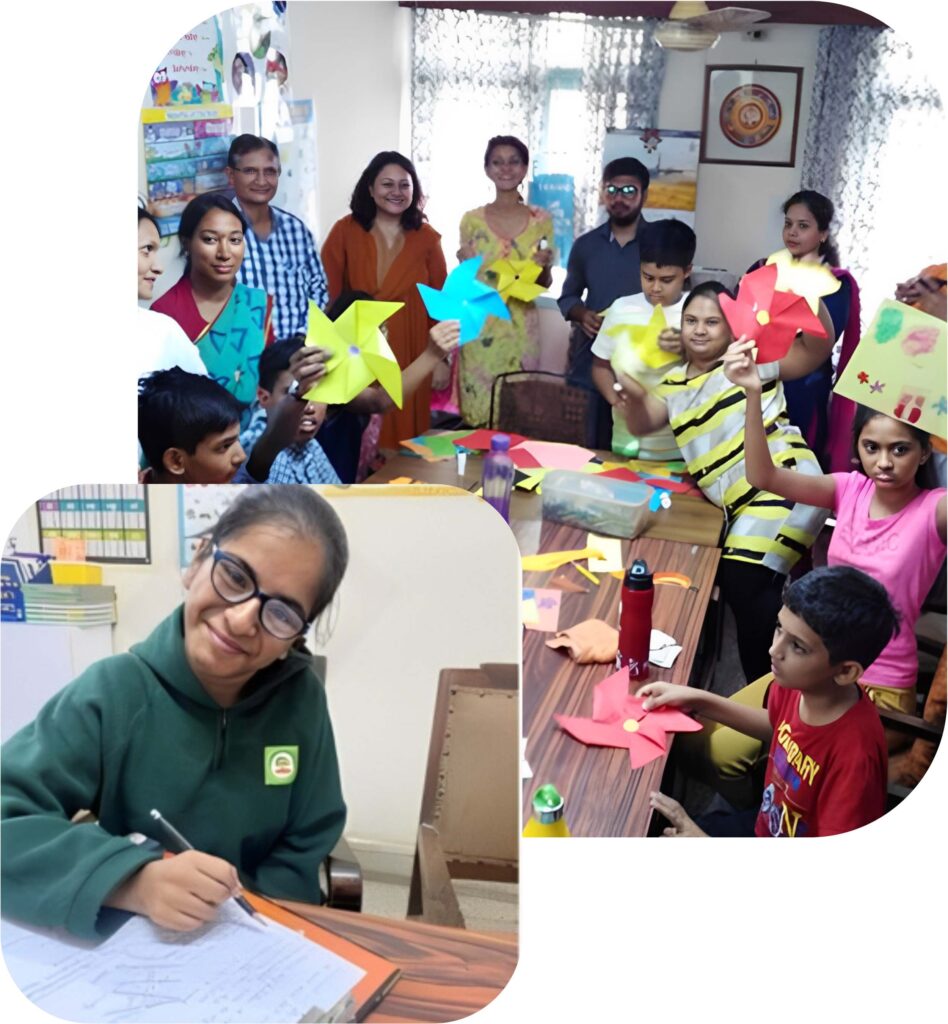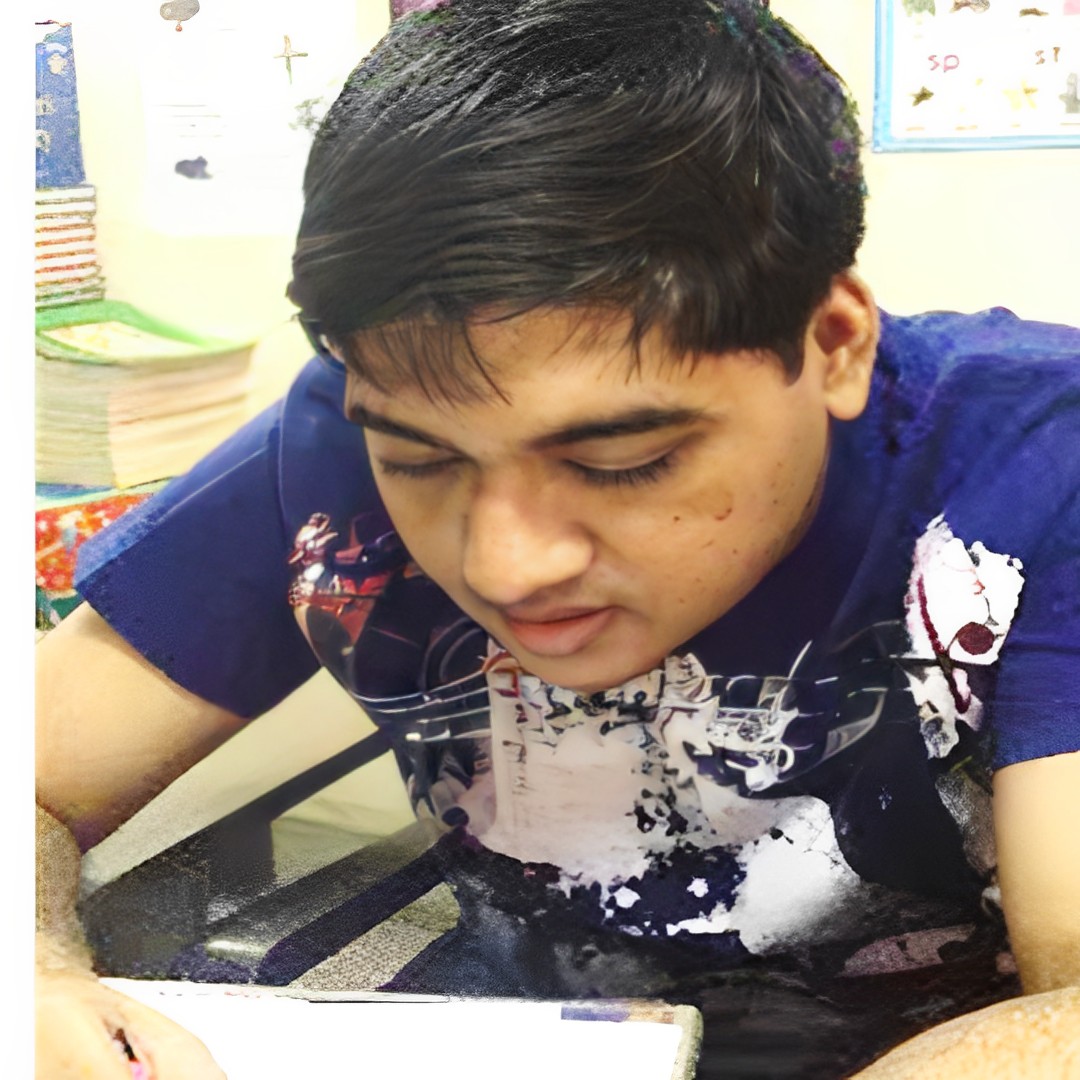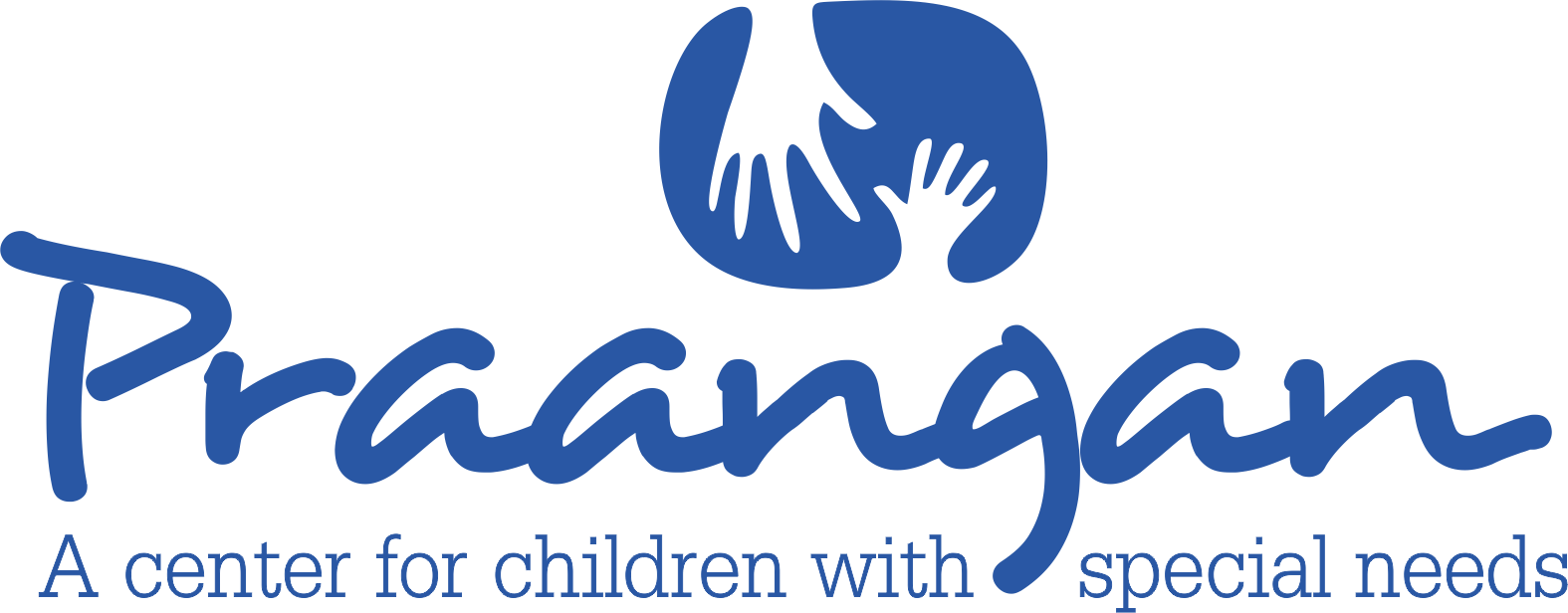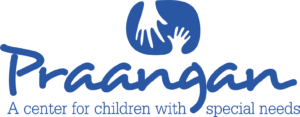Support Us to
Volunteer your time
Support Us to
Adopt a project.
Support Us To
Sponsor a child
Support Us to
Sponsor an event
Support Us to
Sponsor a teacher
Support Us To
Teaching Aid

Building a Better World Together
There is no difference between a child who can learn and a child who requires a different teaching method. In Praangan, we believe that every child can learn.
Our Mission
Collaborating closely with schools, and other professionals to foster the teaching and learning of students with additional requisites.
Our Story
It works as a centre of excellence catering to the special education needs of children and also helping the parents .
Why Special Education is Important?
normally comes naturally to other children.
Children with IEP can achieve independence and participate in family and community activities through meaningful education. Special education teaches children with multiple disabilities how to live an independent life, something that normally comes naturally to other children.
Challenges Parents Face Accessing Special Education
Exclusion from Mainstream Schools
Most mainstream schools exclude children with IEP, considering them too complex to teach.
Lack of trained Educators
Most schools, even special schools, lack adequately trained educators to educate children with a complex profile like MDVI, so families have no choice but to keep them at home.
Poor Methodology
Depending on the degree and nature of his/her disability, each child has different requirements. Teaching strategies need to account for these differences in skills, abilities and experiences, and most schools lack these methodologies.
Nowhere to Turn
Many families struggle to understand their children’s learning needs; while they want them to have the best possible future, they do not know where to turn for assistance and resources.
Follow the steps below to continue the admission process:
Admission Process.

Step 1
Free Counselling
Step 2
Quick Assessment
Step 3
Admission
Our Children
Methodology of Intervention
Step 1 Preliminary Assessment
A comprehensive review of educational and social skills along with the medical history is the first, step towards progress and requires the following inputs:
- Medical History beginning from the pre-natal stage.
- Timelines of milestones achieved.
- History of educational and social performances.
- Assessment of present-day educational and social skills.
- Quantification of the scope of improvement.
- Referral for counseling & psychiatric intervention, if needed.
Step 2 IEP (Individualized Education Program)






Step 3 Social Skills
Social skills need to be fortified to enhance the child’s ability to interact positively in society. These include personal, daily living and social interaction skills. On one hand is the inculcation of the above desired skills which include personal information, grooming, etiquette, basic transaction capabilities, safety awareness, acquiring self-confidence, interaction with peers, friends and others in society, etc.
Equally vital are the tackling of behavioral issues, complying to socially accepted norms and resisting negative influences like ridicule, bullying, bad touch etc. Referrals for professional counseling and psychiatric intervention are at times recommended based on evaluation of the child.
Step 4 Vocational Training
Vocational training leads to creating occupational skills that are necessary to earn and enjoy independent living. Skills may include sewing, preparing and serving food, producing stationary, playing music along-with many other possibilities that are constantly evolving in today’s World.
Facilitating all Stake-holders of SEN domain
Provide stakeholders of the Special needs community a platform to interact and share experiences so as to help each other.
Provide much needed information in the legal and regulatory fields for parents of SEN to assist them in their journey.
Provide Teacher-training courses to Special educators so that experiences shared with them can improve their interactions with their students.
Sensitize all stakeholders and more importantly peers of SEN children, which can greatly improve integration.
Provide Online sessions advising Parents on home support management, based on the individual needs of every SEN child
Parents Review
Case Studies




